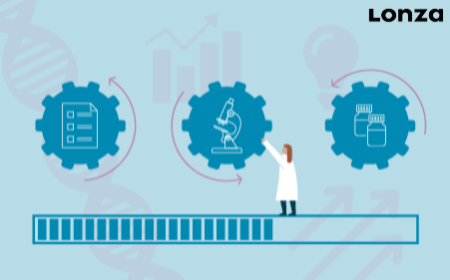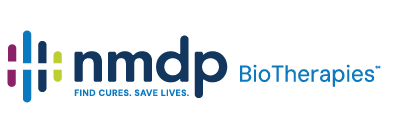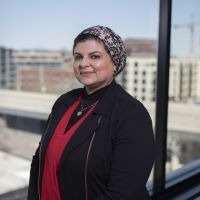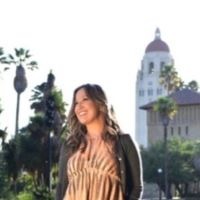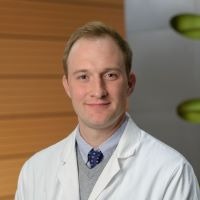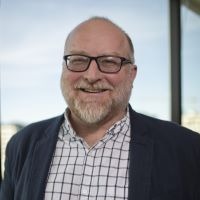The role of AI in predicting stem cell donor availability
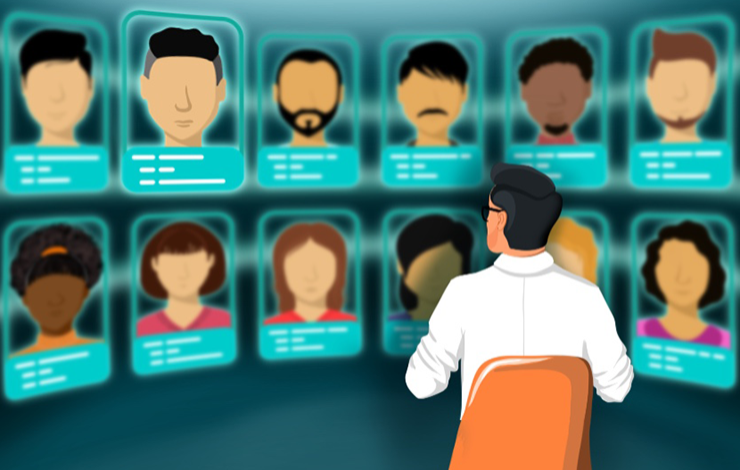
The success of unrelated donor stem cell transplants depends on not only finding genetically matched donors but also donor availability. On average, 50% of potential donors in the National Marrow Donor Program database are unavailable for a variety of reasons after initially matching a patient, with significant variations in availability among subgroups (e.g., by race or age). Several studies have established univariate donor characteristics associated with availability. Individual consideration of each applicable characteristic is laborious, and extrapolating group averages to the individual donor level tends to be highly inaccurate. In the current environment with enhanced donor data collection, there are better ways to make estimates of individual donor availability. It's about donor quality vs. quantity.
The presenter and panel will discuss how bioinformatics, world-class partners, and technology are making the search better. Specifically, how a ground-breaking AI-based approach like the Donor Readiness Score (DRS) can predict the availability of every registered donor and evaluate the predictive power during donor selection to reduce the time to transplant. Essentially, this approach changes how the industry considers donors, from quantity to quality.
Attend this webinar to learn how to:
- Predict an individual donor's availability to move forward to donation
- Match these predictions to provide a cumulative probability of search productivity and the likelihood of having an 8/8, 7/8, 10/10, or 9/10 matched available donor
- Automatically take into account multiple donor features like age, gender, geographical location, race, ethnicity, and many more
- Enhance your accuracy and effectiveness in producing a candidate donor pool for cell/source selection that would be available when called to donate
- Improve multiple stages of the cellular therapy experience
You might also like
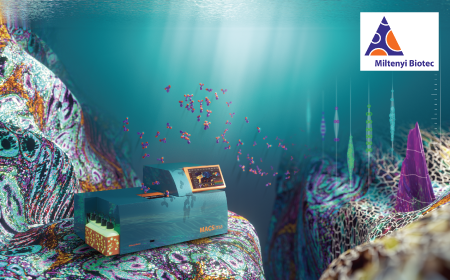
Same-section spatial multiomics: a platform for detailed analysis of the solid tumor TME
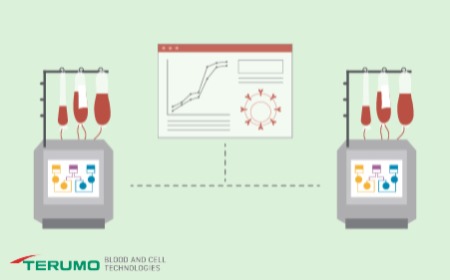
End-to-end automated manufacturing of low-seed CAR-T cells
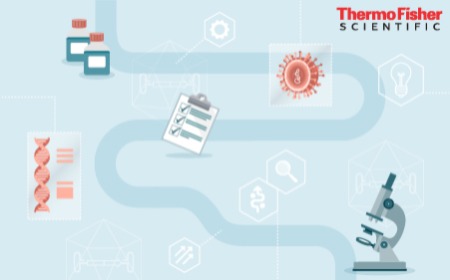
Discover the road to success for viral vector production: strategies, insights, and regulatory considerations
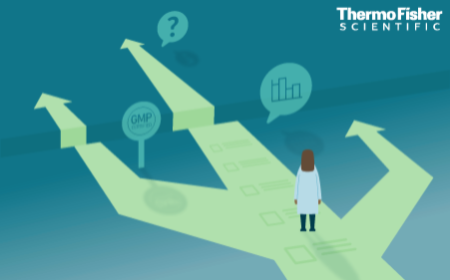
Specifications don’t tell the whole story: how to choose GMP process and QC equipment
